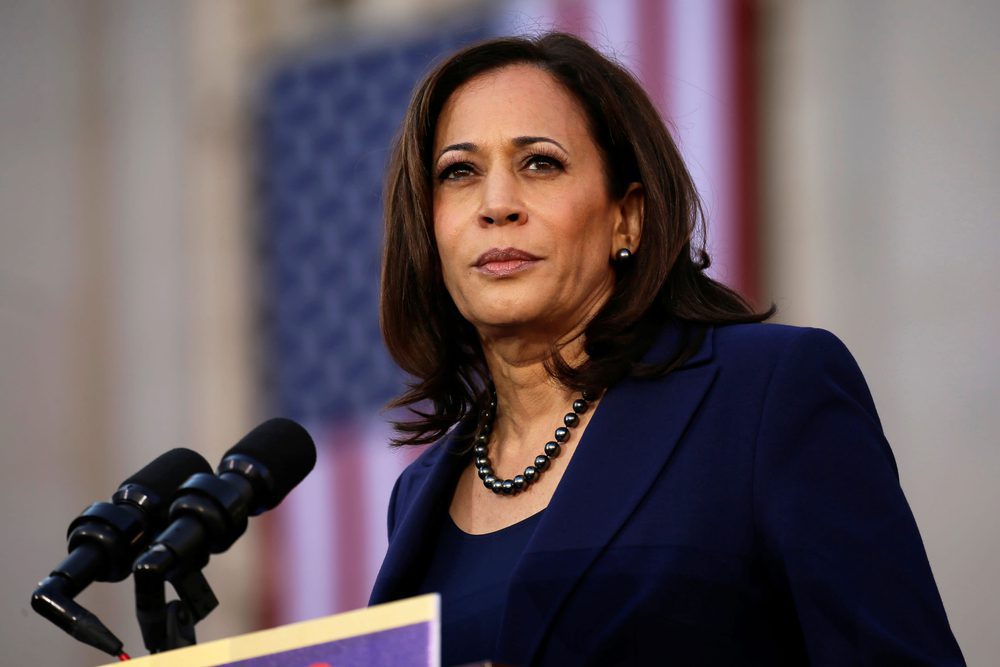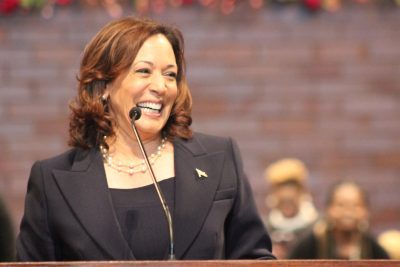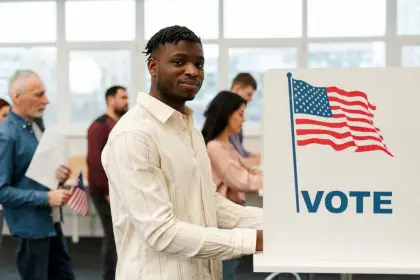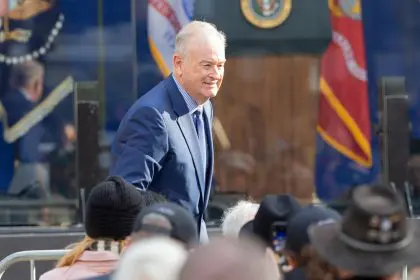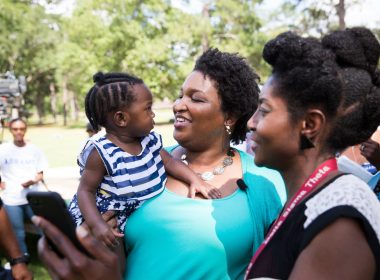A significant transformation is occurring in Black political engagement, marked by a collective pause and strategic redirection. This shift reflects a deeper understanding of political power dynamics and the need for community-focused initiatives, particularly as former President Donald Trump prepares to return to the White House.
Reality check on voter demographics
Recent data reveals a notable decline in Democratic Party support among Black voters. Alvin Tillery, a Northwestern University political science professor, told Black Enterprise that he warned the Democratic party about this decrease back in 2023, but he said he was not believed, even when Harris became the presidential nominee.
Back in February 2024, Gallup reported such a decline as well.
“Although Democrats continue to hold a formidable advantage over Republicans among non-Hispanic Black adults in the U.S., their current 47-point lead is the smallest Gallup has recorded in its polling, dating back to 1999,” it said. “Most of the decline has been recent, with the net-Democratic ID for this group falling 19 points from a 66-point advantage in 2020.”
Economic priorities reshape voting patterns
The 2024 election highlighted how economic concerns influenced voting decisions. Rising inflation, housing costs and wage stagnation emerged as primary factors driving voter behavior. Some Black voters who traditionally aligned with Democratic policies chose alternative candidates based on economic platforms, signaling a shift in priority assessment.
Women voters chart new course
Black women voters — long considered the Democratic Party’s most reliable base — are advocating for a strategic withdrawal from broad political movements to focus on community-specific initiatives. This pivot emphasizes supporting Black-owned businesses, strengthening local institutions and developing targeted economic programs.
Moving beyond traditional advocacy
The evolution of Black political engagement extends beyond voting patterns. Professional organizations, community leaders and advocacy groups are developing new approaches to civic participation. These strategies prioritize direct community investment, entrepreneurship support, and educational initiatives over traditional party politics.
Looking forward
As the political landscape continues to evolve, Black voters are reassessing their relationship with traditional party structures. This reassessment focuses on leveraging political power more effectively to address specific community needs. The emphasis has shifted toward building sustainable economic frameworks and strengthening local governance structures.
The changing dynamics suggest a more nuanced approach to political engagement, one that prioritizes tangible community benefits over party loyalty. This transformation represents a sophisticated evolution in Black political strategy, emphasizing self-reliance and community empowerment while maintaining engagement with broader political processes.
As these changes unfold, community leaders are developing new frameworks for political participation that blend traditional civic engagement with innovative approaches to community development. This evolution signals a mature understanding of political power and its application for community advancement.
The focus now extends beyond electoral politics to encompass economic development, educational advancement and community infrastructure. This comprehensive approach reflects a deeper understanding of how political power can be leveraged to achieve concrete community benefits.




